Inpatient Obstetric (RNC-OB) Certification from Donna Weeks
$99.00 $29.00

Inpatient Obstetric (RNC-OB) Certification Exam Prep Course with Practice Test & NSN Access from Donna Weeks

Archive : Inpatient Obstetric (RNC-OB) Certification from Donna Weeks
Get Inpatient Obstetric (RNC-OB) Certification from Donna Weeks on Salaedu.com
The journey from pregnancy to postpartum can be long and challenging for a mother-to-be… from the moment she enters the delivery room, she is counting on your expertise to make this experience as enjoyable as possible.
With an in-depth overview of labor & delivery, antepartum, postpartum and nursery current practices, this career-changing online course will instantly advance your obstetric skills. Not only will you walk away confident in your abilities, but the confidence your patient will also have in you, will help ease her mind during one of the most important days of her life.
In this certification exam prep course, expert Donna Weeks DNP, APN, RNC-OB, C-EFM, will equip you with all the clinical and professional issues covered according to the current exam blueprint, so you will pass the first time. Plus, you’ll gain valuable test-taking strategies and tips – including an exclusive practice exam – that are certain to aid in your quest for success on the Inpatient Obstetrics certification exam!
With the addition of RNC-OB to your name, you will be able to demonstrate to your patients, employers, and peers that you have the knowledge and skills needed to thrive in the Inpatient Obstetric unit.
Revitalize your career, improve your earning potential, and get certified on your first attempt!
Module 1: Focusing on the Pregnant Woman
- Maternal factors that affect the fetus
- Risks associated with diabetes
- Maternal cardiac disease/anomalies
Module 2: Infectious Diseases
- Sexually and non-sexually transmitted diseases and risks associated
- Symptoms and treatment of blood disorders
- Other diseases specific to the outline of the certification exam
Module 3: Pregnancy Risks
- How mom’s lifestyle affects her baby and pregnancy
- Why and how fetal assessments are done
- How to and the limitations of each method of fetal monitoring
- Non-stress test and biophysical profile: why we do them and why the work
Module 4: Labor and Birth
- Characteristics of labor
- The 4 P’s of maternal physiology
- The stages of labor and what you need to do during each
- Indicators, contradictions, complications, and nursing expectations during different obstetrical procedures
Module 5: Pain Management and Obstetrical Complications
- Non-pharmacological & pharmacological methods, their effects and what you need to look for with each
- Risk factors, interventions, document maneuvers and newborn implications with complications
- Dysfunctional labor
- Shoulder dystocia
- Cord complications
- Amniotic fluid
- Chorioamnionitis
- Placental problems
Module 6: Labor Complications and Postpartum Physiology
- Risk factors and management of preterm labor
- Prolonged pregnancy management and fetal/neonatal complications
- Treatment of obstetrical hemorrhage
- Types, symptoms, results and interventions for lacerations
- What changes occur in the reproductive systems and other organ systems
- Physiology, techniques, and maternal needs during lactation
- Breastfeeding complications and contraindications
Module 7: Newborn Care
- What adaptation to extrauterine life looks like
- General and head-to-toe assessment and what to do if abnormalities are detected
- Common laboratory tests and desirable results
- Initial evaluation, personnel/equipment and indications for resuscitation
- Screening congenital cardiac heart defect
- Complications and planning for a baby with a diaphragmatic hernia
- Indicators and management of bilirubin and jaundice
- Guidelines for infectious diseases
- Birth injuries/trauma that can occur and what to look for with this
- Professional issues specifically correlated to ethical principles, legal issues, evidence based practice and patient safety
Get Inpatient Obstetric (RNC-OB) Certification from Donna Weeks on Salaedu.com
- Immediate Online Access to Video Sessions providing a comprehensive review of inpatient obstetric care
- Inpatient Obstetric Course Manual (PDF format)
- Additional Study Tools including Nurses Success Network (NSN) access for additional audio seminars to complement course videos and reinforce key areas of study
- Online Practice Test to assess your readiness to sit for the actual exam
- Online CE Test Access – complete the entire course and earn up to 10.2 CE contact hours
- Collaboration with other online students to help with problem solving and to keep you motivated
- Unlimited Access to all videos and materials online, plus you can download all resources to own forever
Donna Weeks DNP, APN, RNC-OB, C-EFM has over 25 years of maternal child nursing experience where she has held roles from staff nurse, to manager, recruiter, and educator and is currently practicing as a Clinical Nurse Specialist at JFK Medical Center. Donna has been instrumental in leading AWHONN’s Postpartum Hemorrhage Project as well as the Baby Friendly Initiative at her facility. She also serves an Adjunct Professor at Kaplan University, teaching in the graduate program.
Dr. Weeks’ nursing education includes a BSN through the State University of New York, a MSN from The College of New Jersey and a DNP through Rutgers, The State University of New Jersey. Additionally, she is certified in Inpatient Obstetrics and Electronic Fetal Monitoring, is an NRP Instructor, and an AWHONN Instructor in a variety of topical areas. Donna’s vast knowledge and expertise allow her to present the most challenging concepts in a way that is easy to understand.
Learn more about Dr. Donna Weeks.
Health and Medical course
More information about Medical:
Medicine is the science and practice of establishing the diagnosis, prognosis, treatment, and prevention of disease.
Medicine encompasses a variety of health care practices evolved to maintain and restore health by the prevention and treatment of illness.
Contemporary medicine applies biomedical sciences, biomedical research, genetics, and medical technology to diagnose, treat, and prevent injury and disease,
typically through pharmaceuticals or surgery, but also through therapies as diverse as psychotherapy, external splints and traction, medical devices, biologics, and ionizing radiation, amongst others.
Medicine has been around for thousands of years, during most of which it was an art (an area of skill and knowledge) frequently having connections to the religious and
philosophical beliefs of local culture. For example, a medicine man would apply herbs and say prayers for healing, or an ancient philosopher and physician would apply bloodletting according to the theories of humorism.
In recent centuries, since the advent of modern science, most medicine has become a combination of art and science (both basic and applied, under the umbrella of medical science).
While stitching technique for sutures is an art learned through practice, the knowledge of what happens at the cellular and molecular level in the tissues being stitched arises through science.
More Course: FITNESS – HEALTH – MEDICAL
Outstanding Course:Donna Eden – Energy Medicine
1 review for Inpatient Obstetric (RNC-OB) Certification from Donna Weeks
Add a review Cancel reply
Related products
HEALTH - FITNESS - LIFESTYLE - MEDICAL
HEALTH - FITNESS - LIFESTYLE - MEDICAL
HEALTH - FITNESS - LIFESTYLE - MEDICAL
HEALTH - FITNESS - LIFESTYLE - MEDICAL
HEALTH - FITNESS - LIFESTYLE - MEDICAL
HEALTH - FITNESS - LIFESTYLE - MEDICAL
HEALTH - FITNESS - LIFESTYLE - MEDICAL
HEALTH - FITNESS - LIFESTYLE - MEDICAL
Somatic Interventions for Treating Complex Trauma with Janina Fisher, Ph.D. from Janina Fisher

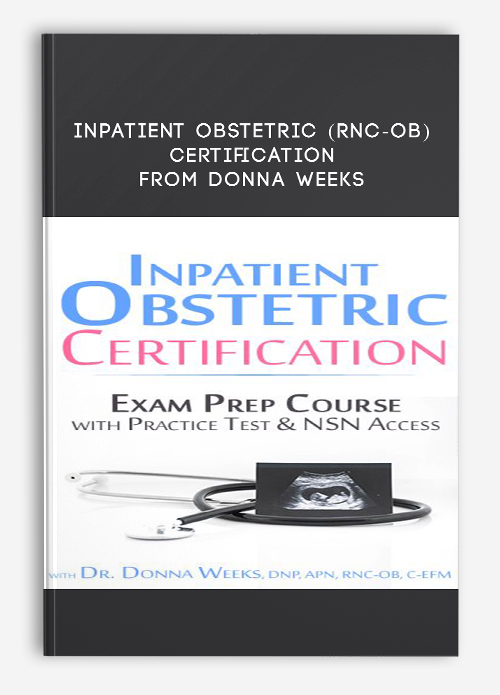
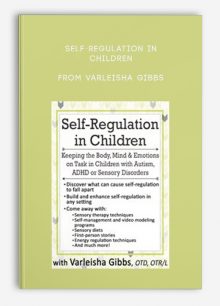


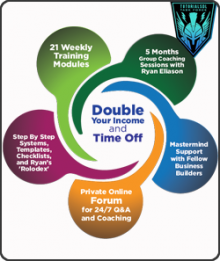
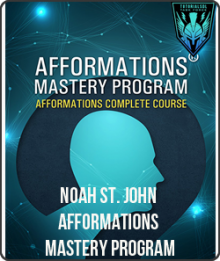

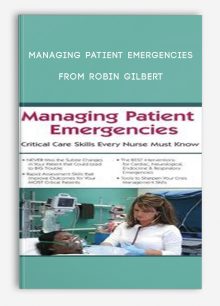
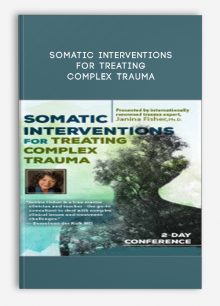
king –
We encourage you to check Content Proof carefully before paying.
“Excepted” these contents: “Online coaching, Software, Facebook group, Skype and Email support from Author.”
If you have enough money and feel good. We encourage you to buy this product from the original Author to get full other “Excepted” contents from them.
Thank you!